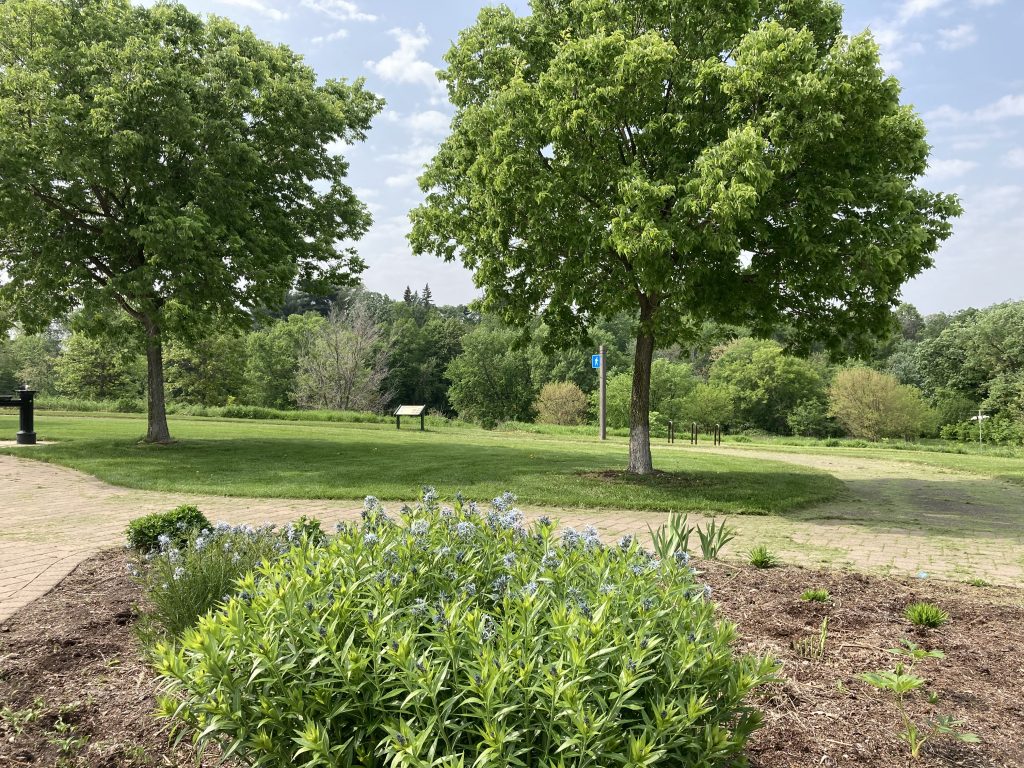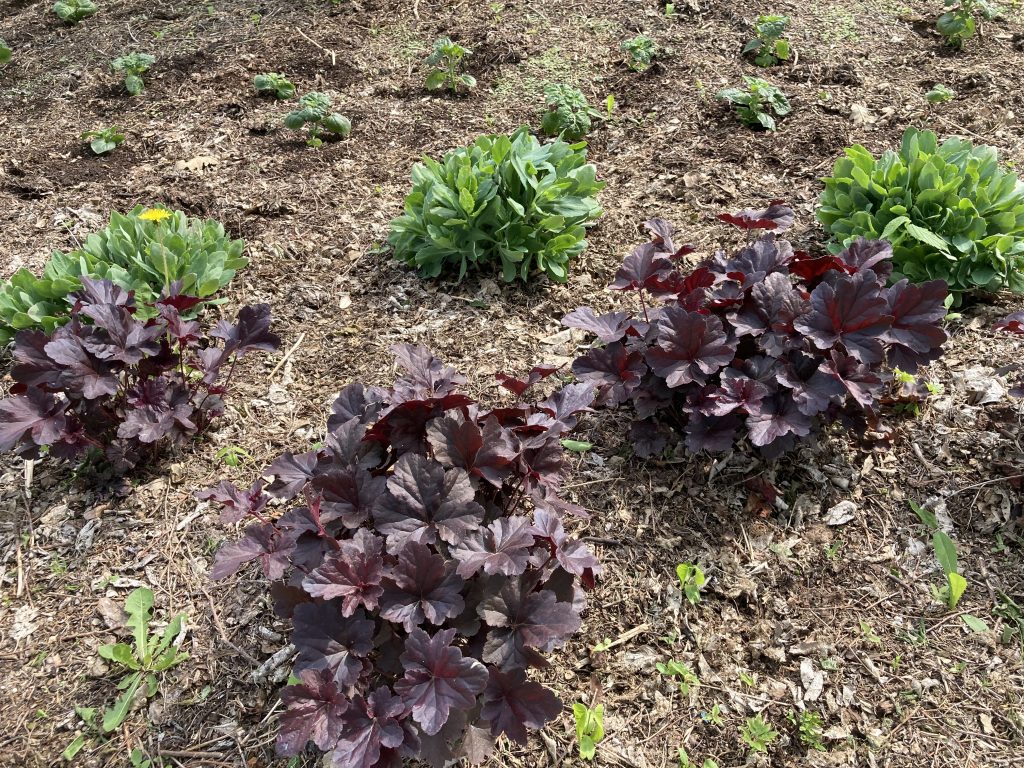3.5 miles
2 trails (long)
63 degrees
Breezy and sunny. Felt a little tired during the run; maybe I should have had a snack right before I left? Encountered an adult and a cute little kid on the trail, then another cute kid sitting on the rock that looks like a chair. She called out hello! I waved back. I remember looking at the river but not what it looked like. I remember hearing voices below me, seeing lots of leaning trees, feeling the uneven path below my feet.
Mary Ruefle and Orange Sadness
Orange sadness is the sadness of anxiety and worry, it is
the sadness of an orange balloon drifting over snow-
capped mountains, the sadness of wild goats, the sadness
of counting, as when one worries that another shipment
of thoughts is about to enter the house, that a soufflé or
Cessna will fall on the one day set aside to be unsad, it
is the orange haze of a fox in the distance, it speaks the
strange antlered language of phantoms and dead batter-
ies, it is the sadness of all things left overnight in the oven
and forgotten in the morning, and as such orange sadness
becomes lost among us altogether, like its motive.
before the run
Today I’d like to think (even) more about orange. What is orange to me? What sounds orange? Tastes orange? Feels orange? Smells orange?
during the run
I tried to think about orange, testing out whether I thought something I encountered felt orange or not. Would I call those loud voices below me orange voices? No. Ran down the hill to the south entrance of the winchell trail and smelled the vaguest whiff of the past — the sweet, fresh smell at my family’s farm in the UP. Is that an orange smell? Nope. I’d call it a red smell because when I think of the farm, I think of the bright red of the farmhouse. I noticed lots of little orange things on the ground — orange leaves, a piece of orange string, an orange flash. As I neared the gravel hill at the ravine, I started thinking about orange theory and its main principle of working out in the orange heart rate/effort zone for at least 12 minutes of a 60 minute workout. Running up the gravel on my toes, I thought about orange breaths and orange effort and decided that when I got home, I looked up the orange theory and think more about it.
after the run
Here’s how Orange Theory defines the different zones:
Gray Zone (50-60% Maximum Heart Rate) – This is the least strenuous, most comfortable zone, consisting of very light activity.
Blue Zone (61-70% Maximum Heart Rate) – This zone is specifically geared for warm-up and cool-down exercises. You are preparing your body and mind for high-intensity interval training, but you haven’t unleashed the burn just yet.
Green Zone (71-83% Maximum Heart Rate) – In this zone, you have reached a challenging but doable pace. This is what Orangetheory categorizes as “Base Pace,” a pace you can maintain for 20-30 total minutes. Your body starts to burn fat and carbohydrates evenly.
Orange Zone (84-91% Maximum Heart Rate) – This is where the magic happens and where you achieve “EPOC” (Excess Post-Exercise Oxygen Consumption) – what we call the “Orange Effect / Afterburn.” The goal is to accumulate 12 minutes or more in this zone within a 60-minute period to achieve the maximum caloric burn for up to 36 hours AFTER your workout is completed.
Red Zone (92-100% Maximum Heart Rate) – This zone happens organically and may be achieved during ‘All Out’ efforts when you’re emptying the tank and using every ounce of energy left in your body. You don’t need to set an All Out pace for more than 1 minute at a time to experience maximum results.
I haven’t really worked with heart rate zones when I run, partly because I can’t seem to not stay in the upper range on all of my runs no matter how slow I go, but it seems fun to me to think about orange in terms of effort and heart rate and how that could apply to things outside of (or alongside?) fitness. The orange zone involves a hard effort, where you are doing things that elevate your heart rate a lot, but it’s not all out, not something that makes your heart almost jump out of your chest or pound uncontrollably. That’s red, and a red (all out effort) breath might involve being shocked, experiencing such intense awe or surprise that you lose your breath for a minute. Orange breaths involve intense feeling that can be sustained longer, but are still uncomfortable. Orange breaths are anxious breaths. This morning, as I waited to leave for a doctor appointment, I was breathing with orange breaths and orange lungs — wound up, nervous, not totally sure why. Every time, before an open swim, I breathe orange breaths — nervous about whether or not I will be able to see how to swim across, excited about getting to swim in the lake.

